a little story...
London, UK
Dermot Brady, (Senior Lecturer in Social Work at Kingston and St. George’s University, London, UK & one of our Caring Dads Trainers) shared a little story about the impact of Caring Dads in his community we felt was worth sharing.
”Training is often not enough. When we work with communities implementing Caring Dads, we need to do work around the system that supports the programme. If the programme is to run well it needs to be embedded in children’s services. That can be quite a challenge as systems vary widely in their approach, practice models and culture. Working with fathers can be a real challenge. People know that we should be doing this, but often are not talking to them in any meaningful way and this seems to be a common factor in systems in the UK and in other places I have worked. It would be interesting to hear from other people about this. For change to happen services need support from people delivering the programme and also from senior managers. I came across a great example of this recently.
We (that is me and Elaine) recently delivered an event in Haringey in London. Haringey is a very diverse borough with its share of problems, common to big cities. We really enjoyed the training – a lively, committed group of people, some of whom had been waiting for some time for a model to work with fathers. We had support from senior managers and were working through how to implement the programme, how to generate referrals, what criteria we would use and so on. Part of this was talking to the social workers who would be making referrals into the programme, so an event was arranged, with about 40 or so social workers in attendance. I described the programme and we had an interesting debate. Some of the recently trained staff came along to talk also.
I was in the middle of my usual spiel when I noticed a woman near the front of the room trying to catch my eye. And catch it she did. She came up to the front of the room and said hello. We exchanged pleasantries and to be honest I had no idea who she was – maybe I should have been paying more attention. She introduced herself as Ann Graham, the Chief Executive Office of Haringey Children’s services. https://www.haringey.gov.uk/jobs-and-training/working-children-and-young-people-s-service/welcome-director-childrens-services.
Ann started to talk about her previous experience of Caring Dads and why she was supporting it in Haringey. She had been in Barking and Dagenham (another area in London that has been running the programme successfully for some time) and in particular describing the group of fathers who had been on the programme. She said it was one of the most positive meetings she had ever had with fathers in children’s services and talked about the changes they had made. She gave quite a few examples, including one man who had enrolled in literacy classes because he wanted to read to his child. I know the men make all kinds of changes and some men do not shift at all. I expect them to stop the violence and abusive behaviours, so learning to read and write might not sound that important. But it shows that particular man was thinking about the long term welfare of and relationship with his child. That’s important.
You don’t often see the most senior managers in organizations at this level. Children’s services in Haringey are large and complex. But when I see a senior manager, especially THE senior manager, on the shop floor as it were, I kind of think that service will do well. It says something about what kind of leader they are. I shared this story with colleagues in Barking and Dagenham later that day. Alison Ryan, who has been managing the programme in B+D for some time replied - what a lovely email to get at 5pm on a Tuesday . I asked Ann for permission to share this story and she quickly agreed.
What do I take for this? Senior leaders not only enable things to happen, they also set the tone. The best are able to link their considerable responsibilities with a focus on children and a direct link to practice. And we never know what the impact of the connections we make will be. What we do in one place can have unintended consequences in another. Sometimes that is really positive.” - Dermot Brady

